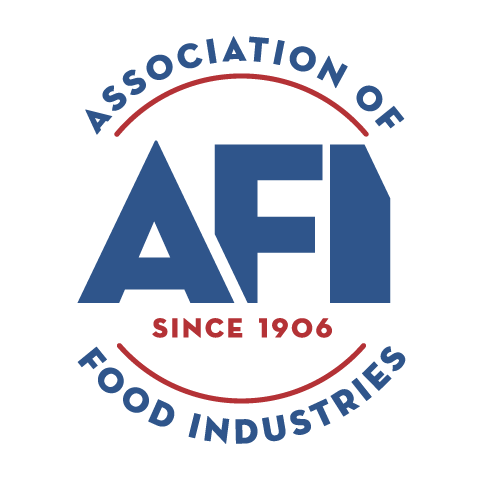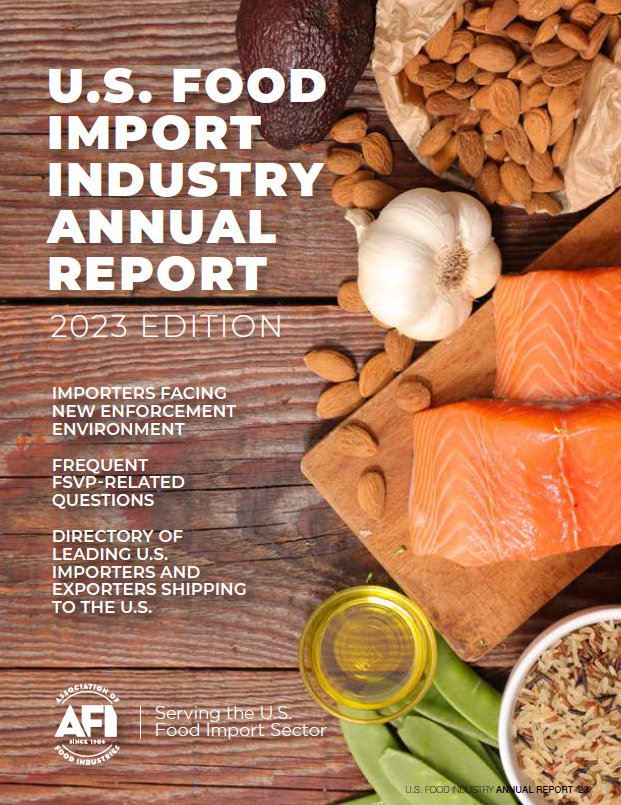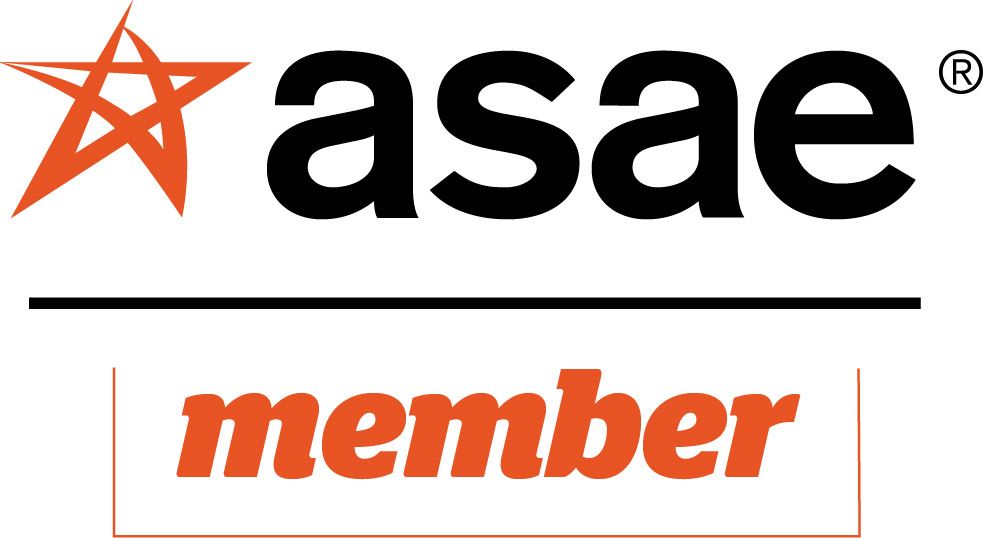2023 Processed Foods ReportBrent Danielson
|
2023 U.S. Food Import Industry Annual ReportChairman's Report - John Sessler North American Olive Oil Association - Mouna Aissaoui Processed Foods - Brent Danielson Nut & Agricultural Products - Richard Rosenblatt National Honey Packers & Dealers - Andy Sargeantson Regulatory and Trade IssuesFood Importers Facing New Enforcement Environment |



